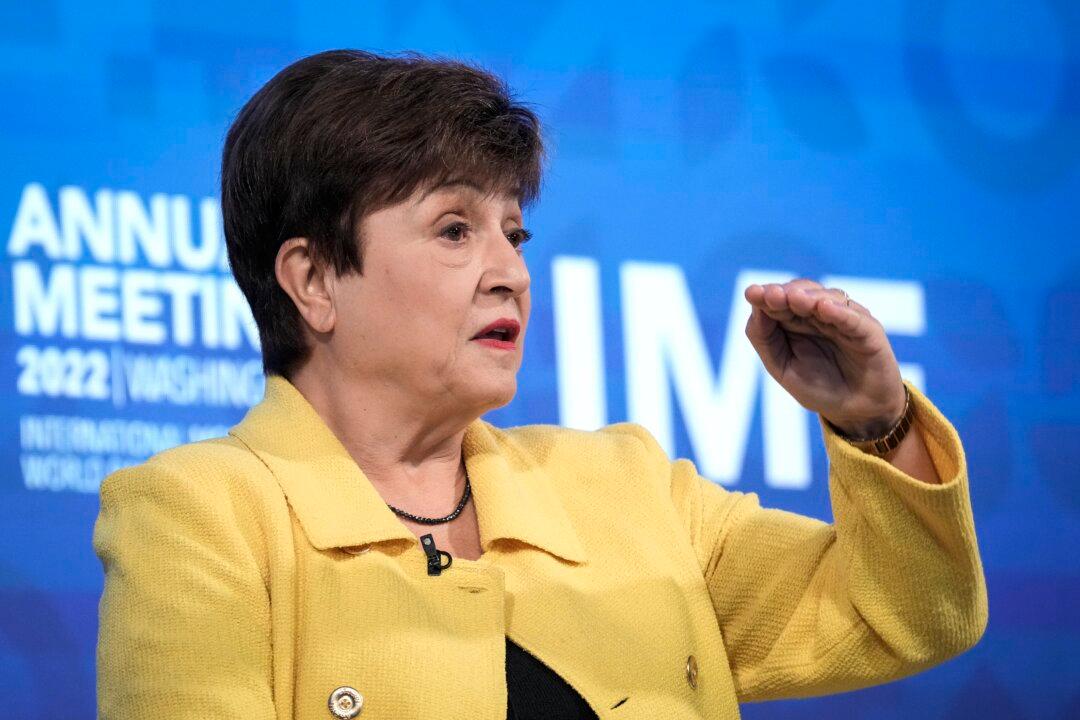International Monetary Fund Managing Director Kristalina Georgieva has warned that the world needs to be prepared to better handle shocks and “the unthinkable” in a post-COVID-19 world and in light of the ongoing Russia-Ukraine war.
Georgieva made the comments during a World Government Summit panel hosted by CNBC’s Hadley Gamble in Dubai on Feb. 14, where she also referenced the recent earthquakes in Turkey and Syria that have killed more than 36,000 people.




